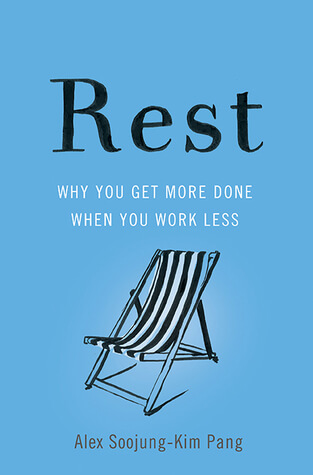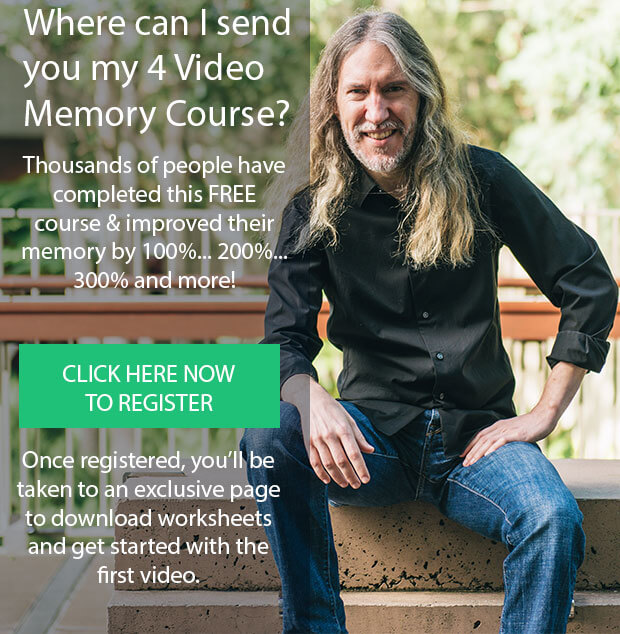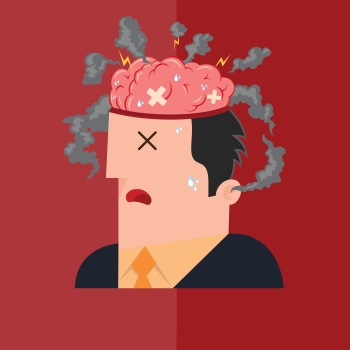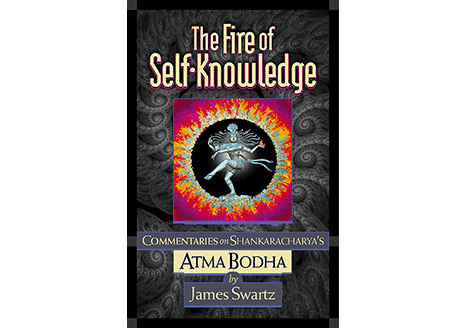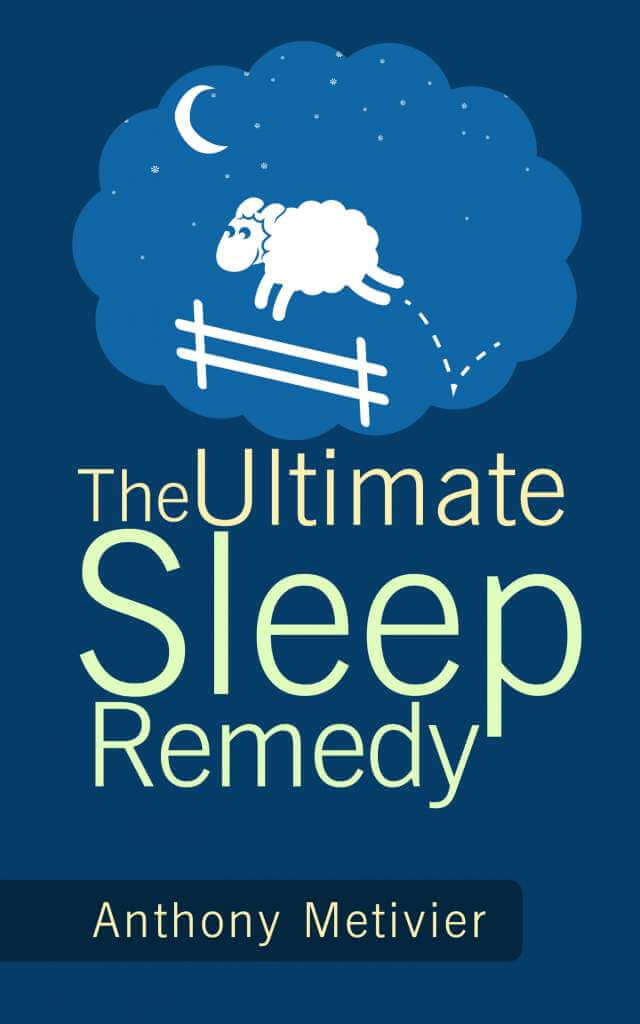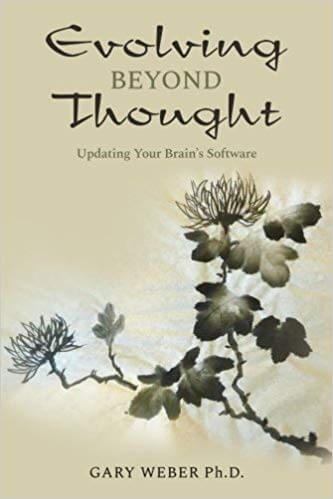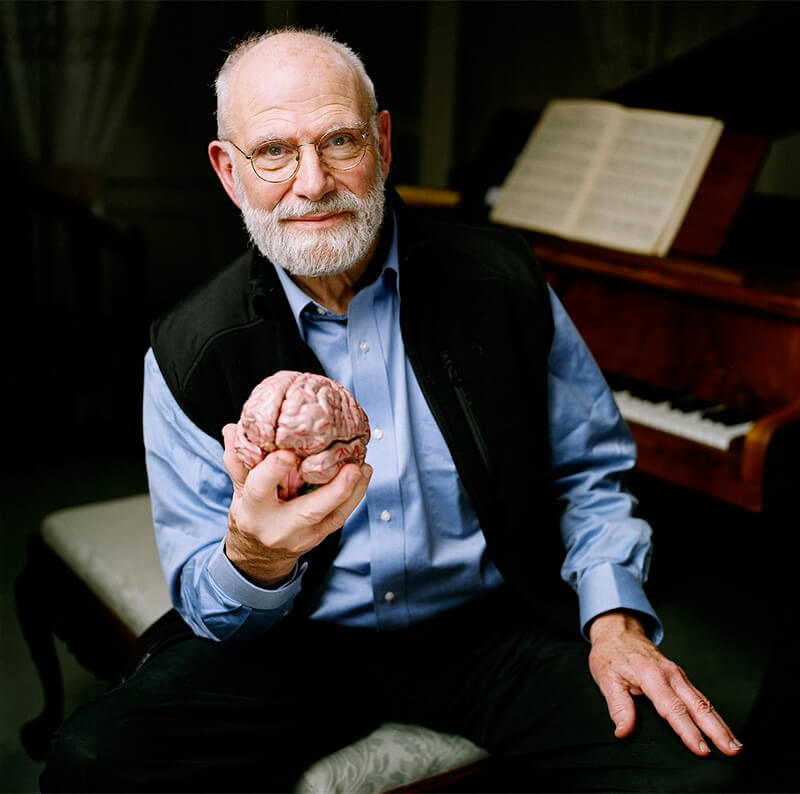Thu, 23 August 2018
Direct download: Brain_Exercise_Apps__Do_They_Help_Or_Hinder_Cognitive_Development_.mp3
Category:general -- posted at: 6:00am EDT |
Wed, 15 August 2018
Direct download: 5_Memory_Palace_Examples_To_Improve_Your_Memory_Training_Practice.mp3
Category:Podcast -- posted at: 5:34pm EDT |
Tue, 7 August 2018
Looking for the most powerful memory techniques you can use to memorize numbers? Tune in and learn the Major System, PAO and 00-99 for fast and flexible number memory skills starting today!
Direct download: The_3_Most_Powerful_Memory_Techniques_For_Memorizing_Numbers.mp3
Category:Memory Method Tips -- posted at: 9:48pm EDT |
Wed, 1 August 2018
Would you believe me? If you’ve just said… I’m not sure… In fact… I’m downright skeptical! Good answer. Skepticism is good. In fact, as you’re about to learn, it’s one of the best tools for creating lasting focus and concentration. You can use the tool of skepticism (and others I’ll share on this page) to create laser-sharp awareness that not only helps you understand information better… It also makes you feel fantastic! The best part? Everything you do to improve concentration and focus also improves your memory. And that’s exactly what the Magnetic Memory Method mission is all about: Showing you how focus, concentration and memory are all sides of the same dice. Are you ready? Great! Then let’s get the focus and concentration party started with my favorite ways to improve concentration and focus.
1. Learn How To Improve Focus And Concentration By Resting More
Didn’t think I would start off with a wildcard, did you? But it’s true. According to Alex Soojung-Kim Pang in his book Rest: Why You Get More Done When You Work Less, many people throughout history who displayed mounds of focus and concentration… Took a lot of rest.
Charles Dickens, for example, wrote tons of books but spent huge chunks of his day walking. And as Palle Yourgrau shows in A World Without Time: The Forgotten Legacy of Gödel and Einstein, part of Einstein’s success secret involved ample amounts of walking… Just not walking alone. It’s actually hard to tell who was smarter: Einstein or Gödel. Personally, I wouldn’t want to make any bets myself, but we know for a fact that both these men had these things in common: 1. They took lots of rest. 2. They walked a lot. 3. They were geniuses who changed the world.
The Two Secrets Of How Walking Increases Focus And Concentration…
According to Pang and the mountains of cool research he cites, walking isn’t restful because it’s not working. Rather, walking lets the mind wander. But wait a second! Isn’t mind wandering the opposite of focus and concentration? Not necessarily. In fact, when you let your mind wander, your brain chemistry changes. Yes, we’re talking about “drugs,” specifically dopamine. And from a scientific perspective, it’s important to understand that most people get their best ideas when their dopamine levels are high. These are, ironically, when we are the most distracted. For example, you are most distracted and experiencing high levels of dopamine when you are dreaming, running, driving, walking, or, the most classic example of them all, taking a hot shower. Why do we get more ideas when engaging in activities like these? It’s not just the dopamine. It’s also that we’re disengaged. Speaking of which, I’d like you to be engaged, so let me ask you this: For more information about this topic, please read Rest for more on the science of mind wandering. Oh, and believe it or not, I didn’t just read this cool book and pass it on to you without trying the suggestions out for myself. More on my results in a future blog post. For now, it appears that Pang practices what he preaches too. Just check out his blog. In sum: Walking works. Especially when you combine it with Digital Fasting, my own personal cure for Digital Amnesia.
2. Remove Distractions And Read From Real Books
I don’t know about you, but I once had a love/hate relationship with Kindle. It got so bad we ultimately broke up. I haven’t read a full book on Kindle for more than three years now. The last time I tried, I gave up 1/4 of the way through and ordered the same book in print. Why? Maybe it’s because I’m getting older. But I believe it’s partly because I never had a proper Kindle device. I always used the Kindle app on an iPhone. And that meant it was crushingly easy to open up a browser – or use the app itself – to fact check things. Every disruption led to less U.S.S.R. No, not the former Soviet Union!
I’m talking about Uninterrupted Silent Sustained Reading. You see, physical books are like focus and concentration “engines.” If you can just get comfortable with them and stay the course… They pull you along page by page, increasing your commitment to paying attention…
Indeed, increasing your attention span itself (which in no way resembles the sharpness and clarity of a twitchy little goldfish). The trick is in carving out time to read. How to do that? It’s easy: Put the spotlight on all the things you do that are NOT reading. Then ask yourself… Do I want to improve my focus and concentration (and memory)? Or do I prefer to sit on the couch and watch Netflix? Or have a thousand tabs open or drown myself with music as my friend Joanna Jast talked about when she shared her tips on improving focus. Increasing Focus And Concentration Requires This Secret IngredientIn other words, the experts on these matters are talking about prioritizing. Whether you prioritize with a calendar, a mind map, or even a Memory Palace to memorize your to-do list, this is how to get reading done: 1. Eliminate things that are not reading from your schedule. Things you really need not do. 2. Schedule time for reading. Even if it’s just 5 minutes a day, it’s a start that will do wonders. (One neat book that takes just 5 minutes a day you can sink your teeth into is Stillness Speaks by Eckhart Tolle. Highly recommended, especially if you want to memorize books.) 3. Bonus: Schedule time for reading books about how to improve your focus and concentration. Or how about a set of books on how to improve focus at work? Yeah, that sounds good. Maybe books like Rest by Alex Soojung-Kim Pang. If you’d like other reading suggestions, check out why I make revisiting at least one book I’ve read before part of my Re-Reading Strategy.
3. Gamble Your Time With Focusing and Concentrating On Zilch
There’s a long history of scientific research showing a paradox stranger than what we just learned about mind-wandering…
It’s that meditation improves memory! That’s right. Sitting down and staring at the wall can and will improve your memory. Walking meditation will help too. You don’t have to work hard at it. You don’t have to do it for hours on end. You just have to sit down and breathe. And you really can start with just 5 minutes a day. Here’s all the best research on meditation and memory I’ve got for you so far. Now it’s time to take you deeper into my own meditation practice specifically for focus and concentration. Again, calibrating your attention to laser-sharp levels of focus connect with memory in multiple ways. Here’s a shocking fact: These connections are not always simple to explain. However, they are easy to spot once you start feeling them. And all the more so when you have a flexible memory method.
How You Will Notice This Special Technique Is Improving Your Focus And Concentration
Here are a list of some things you’ll notice when you start meditating: 1. Less mental chatter.When the boardroom in your head settles down, your focus and concentration must improve. Why? Because you won’t get caught up in so much of what Gary Weber calls “blah blah blah.” Please don’t expect it to disappear completely. It seems possible that it can, but in my experience with what Jeffrey Martin calls Persistent Non-Symbolic Experience (PNSE)… Complete silence in your head is not necessarily a desirable outcome. (Kind of like how photographic memory is not really the blessing people think it is. As Jill Price’s story illustrates in that blog post, that kind of memory is much less a path to focusing help when you need to concentrate and can disrupt your life and sanity.) 2. The world seems more vivid.Imagine if colors that used to be so boring you didn’t notice them now jump out at you. Do you think that would sharpen your concentration? It certainly did for me. For example, after learning the Wim Hof Method and experiencing a breakthrough in my meditation practice, I remember heading to the gym one morning… All of a sudden I noticed a traffic sign on a street corner in Berlin that I must have seen hundreds, if not thousands of times before. Suddenly the sign itself and its faded green color leapt out at me. I noticed every crack in its paint. The rusted iron holding it in the air was suddenly so beautiful and precious. I felt immersed in each and every detail. And yet for some reason, although it must have been in my field of vision many times before… Something so extraordinary had been completely invisible. Of course, the goal when learning how to focus your mind is not to become autistic or continually overwhelmed by every little detail. And that’s not at all what happened to me. But this experience transfers directly to paying attention to what I’m reading in books. I’m aware of both the characteristics of the page and the information at the same time. And I’m aware of using memory techniques to remember dates and names and facts… All without skipping a beat because meditation has helped me keep my brain focused on information. All while my awareness of the beauty of the material world feels blissful. (Okay, I’m human too and sometimes slip from this bliss, but thanks to regular practice, it snaps back in place mighty fast.) Would you like to know how to train your brain to stay focused? In a word: Meditate.
3. Feel Less Bothered By Worldly Events You Cannot ControlYou know how it is, right? You’re humming along. Everything’s great. Your mood couldn’t be better… Then… Bam! Something happens that completely ruins everything. All of a sudden you feel horrible, hate everything and it seems like the end of the world. Believe me, I’ve been there. But it happens less and less. And the more I focus on how to increase focus and attention span (and memory) through meditation, the more I can let go. There’s a cool quote in The Fire of Self-Knowledge by James Swartz on why this might take place: “To clean the mind, an inquirer needs to abandon gratuitous activities, dedicate essential desire-prompted activities to the field of life and take the results as a gift.”
To be fair, Swartz says in this commentary on Shankaracharya’s Atma Bodha that meditation should not be your only strategy. Far from it! But when you meditate, you’ll find you can let go of one of the most gratuitous activities of all: Grumbling at things you cannot change. And because everything is so much more vibrant, you’ll see the results of actions you take as a gift, no matter what form the results take.
How To Bring Rest, Reading and Meditation Together |
The Magnetic Memory Method Podcast

Categories
generalMemory Improvement Tools
Memory Method Tips
Brain Exercises for Memory Improvement
Memory Improvement Case Studies
Podcast
Guest Post
Memory Palace Tactics
Practical Memory Techniques
Uncategorized
Improve Memory Q&A
Archives
AprilMarch
February
January
December
November
October
September
August
July
June
May
April
March
February
January
December
November
October
September
August
July
June
May
April
March
February
January
December
November
October
September
August
July
June
May
April
March
February
January
December
November
October
September
August
July
June
May
April
March
February
January
December
November
October
September
August
June
May
April
March
February
January
December
November
October
September
August
July
June
May
April
March
February
January
December
November
October
September
August
July
June
May
April
March
February
January
December
November
October
September
August
July
June
May
April
March
February
January
December
November
October
September
August
July
June
May
April
March
February
January
December
November
October
September
August
July
June
May
April
March
February
January
December
November
September
| S | M | T | W | T | F | S |
|---|---|---|---|---|---|---|
| 1 | 2 | 3 | 4 | |||
| 5 | 6 | 7 | 8 | 9 | 10 | 11 |
| 12 | 13 | 14 | 15 | 16 | 17 | 18 |
| 19 | 20 | 21 | 22 | 23 | 24 | 25 |
| 26 | 27 | 28 | 29 | 30 | 31 | |
Syndication

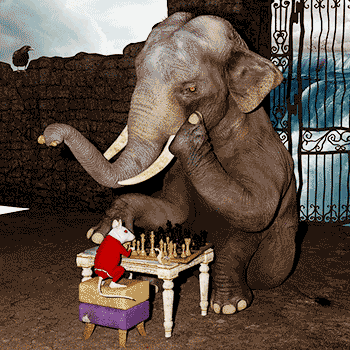 What if I told you I can show you how to improve focus and concentration in less than five minutes a day?
What if I told you I can show you how to improve focus and concentration in less than five minutes a day?